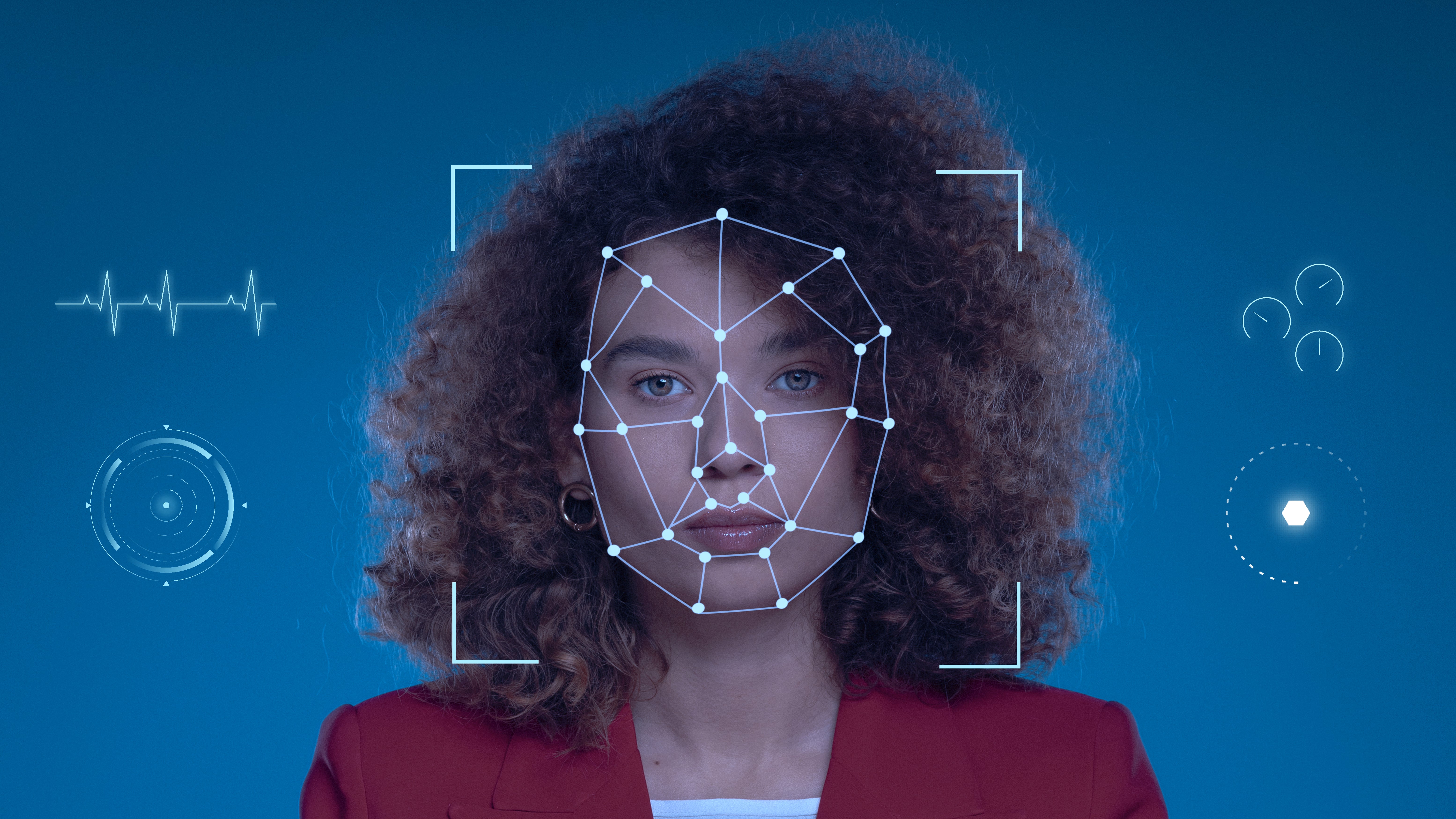info@sadi.co.ke
+254727368241
International travel has always come with one unavoidable challenge: long lines at immigration checkpoints. But in 2025, biometric technology is revolutionizing how passengers cross borders. Face recognition, fingerprint scanning, and even iris identification are transforming border control into a faster, more secure, and more seamless experience.
The Shift Toward Biometric Verification
Traditional passport checks are prone to delays, human error, and document fraud. Biometric systems, however, authenticate travelers through unique physical traits that are nearly impossible to forge. Many airports are already deploying facial recognition gates that match passengers against databases within seconds.
Speed Meets Security
The biggest advantage of biometric borders is speed. Travelers can clear immigration in minutes rather than waiting in long queues. At the same time, authorities gain stronger security measures by detecting impostors or flagged individuals more accurately than manual checks. This balance of convenience and safety is why biometric adoption is growing globally.
Traveler Privacy Concerns
Despite the benefits, biometric data collection raises privacy debates. Who controls the data? How long is it stored? Travelers worry about surveillance and potential misuse. Governments and airlines must adopt transparent policies, encryption, and strict compliance with data protection laws to build trust.
The Future of Borderless Journeys
Looking ahead, biometric systems could integrate with digital passports, travel subscriptions, and AI-powered health checks to create a fully automated travel corridor. Imagine boarding a plane, passing immigration, and even checking into hotels without showing a single document—just your face or fingerprint.
Biometric borders are paving the way for faster, safer, and more efficient global travel. The challenge lies in balancing innovation with the rights and privacy of passengers.
 September 25, 2025 - BY Admin
September 25, 2025 - BY Admin